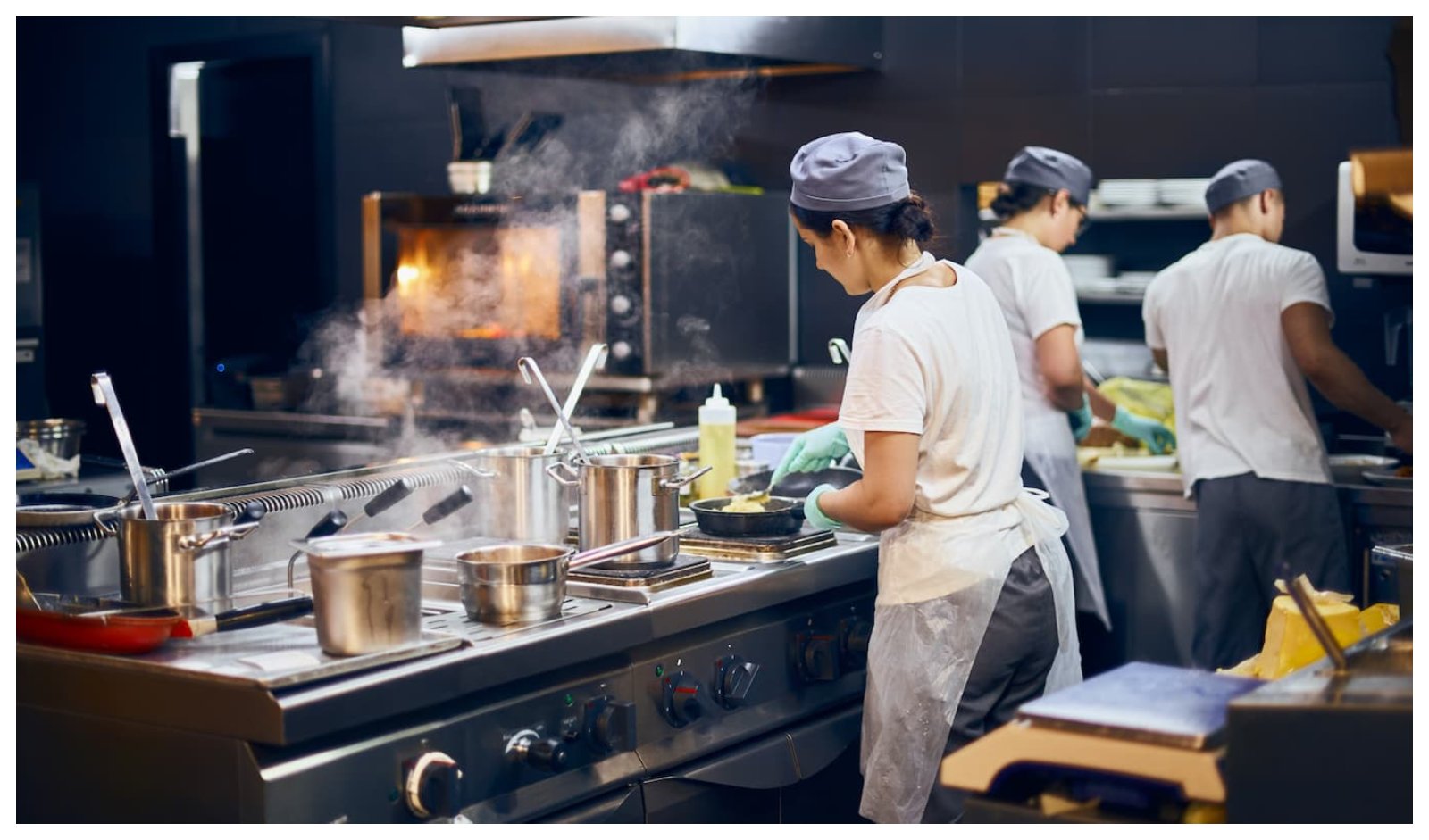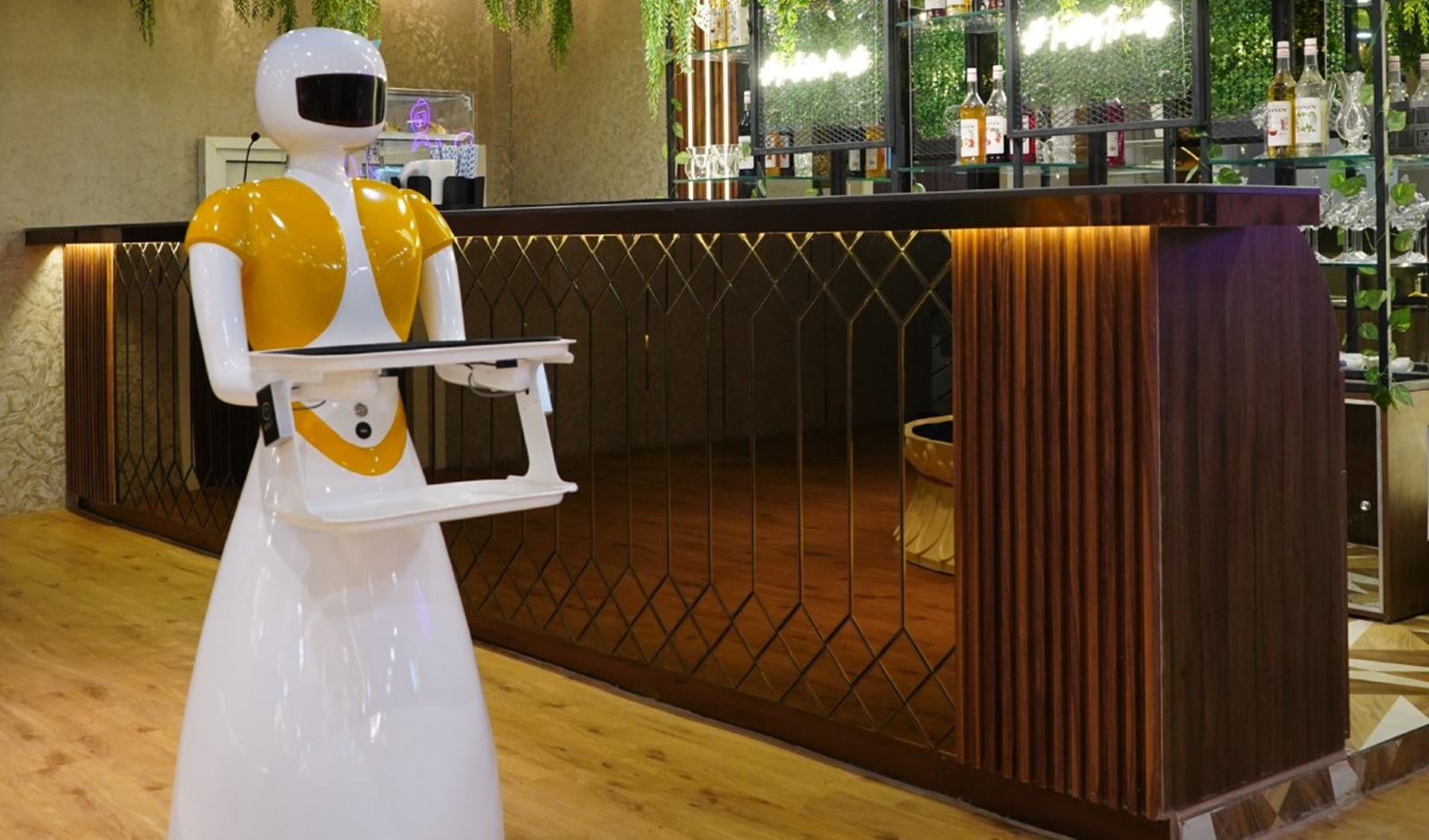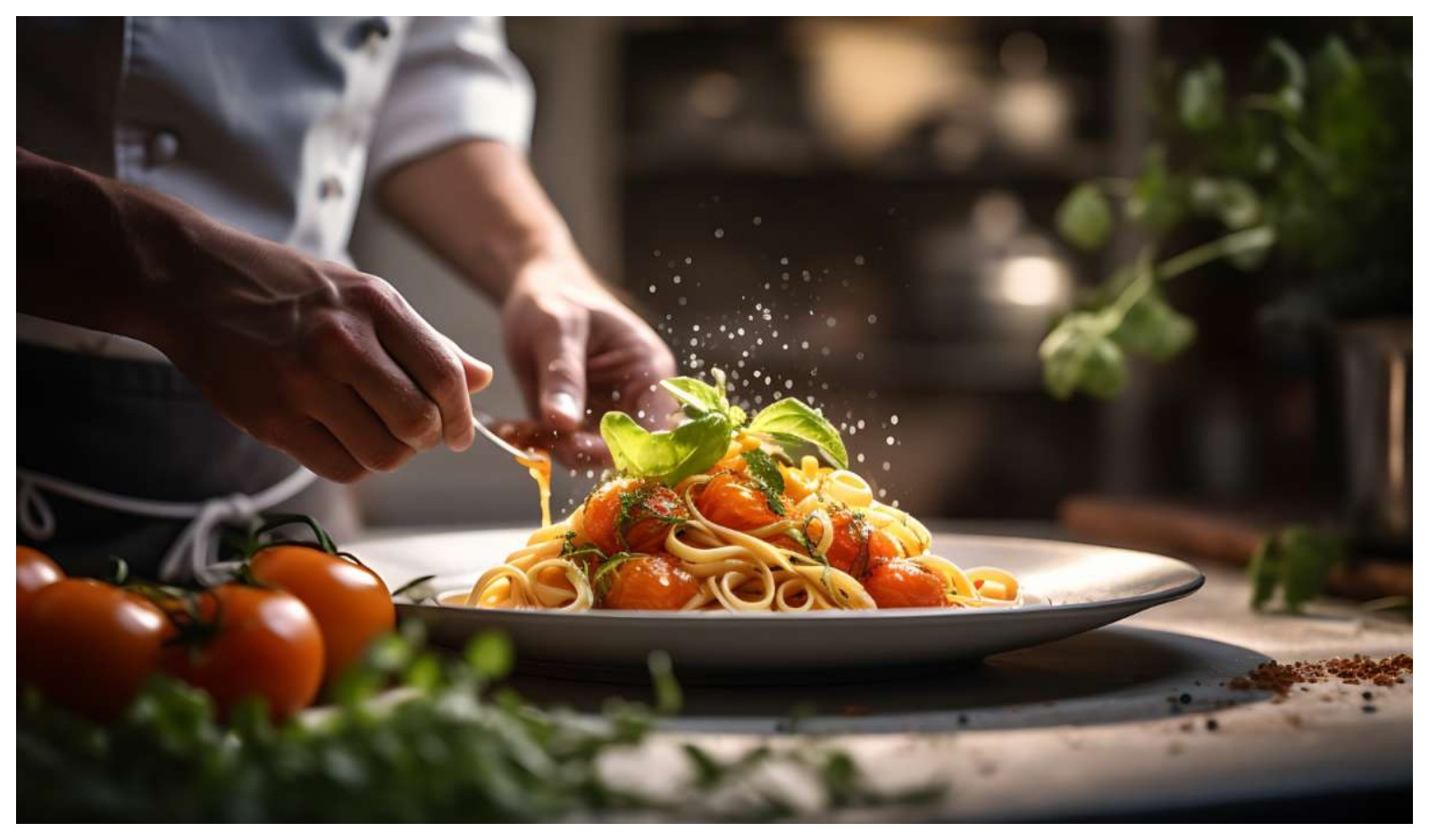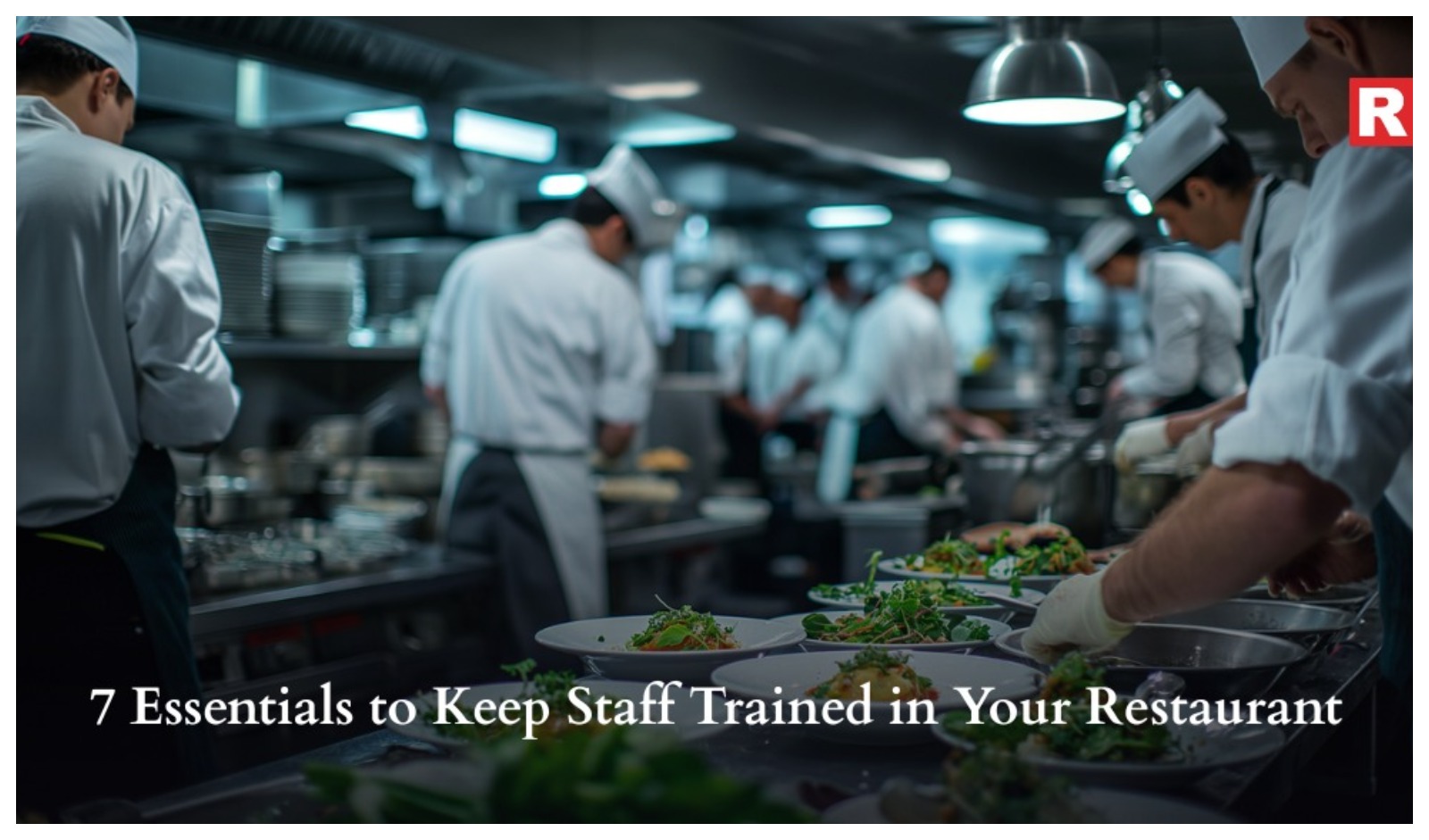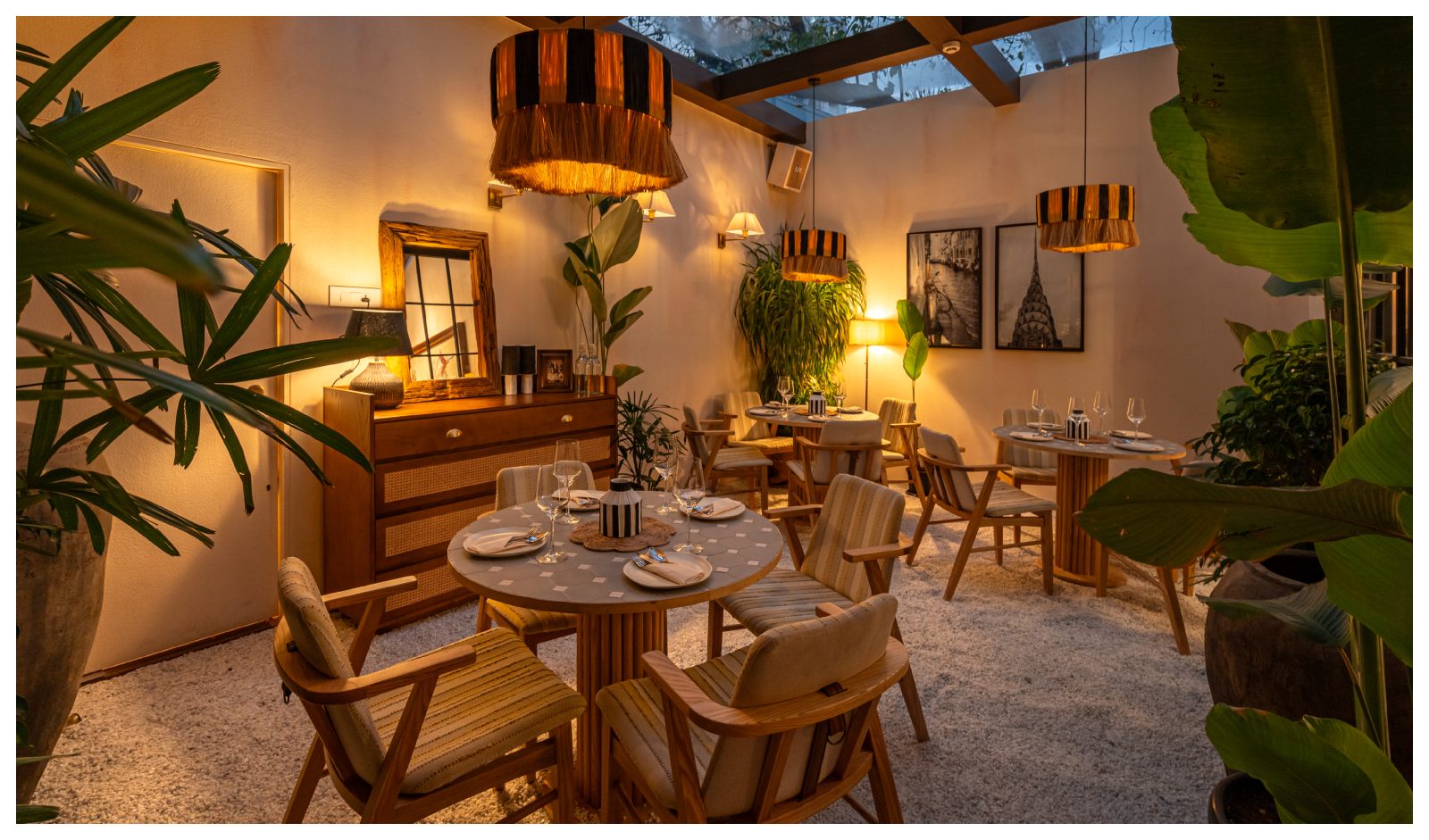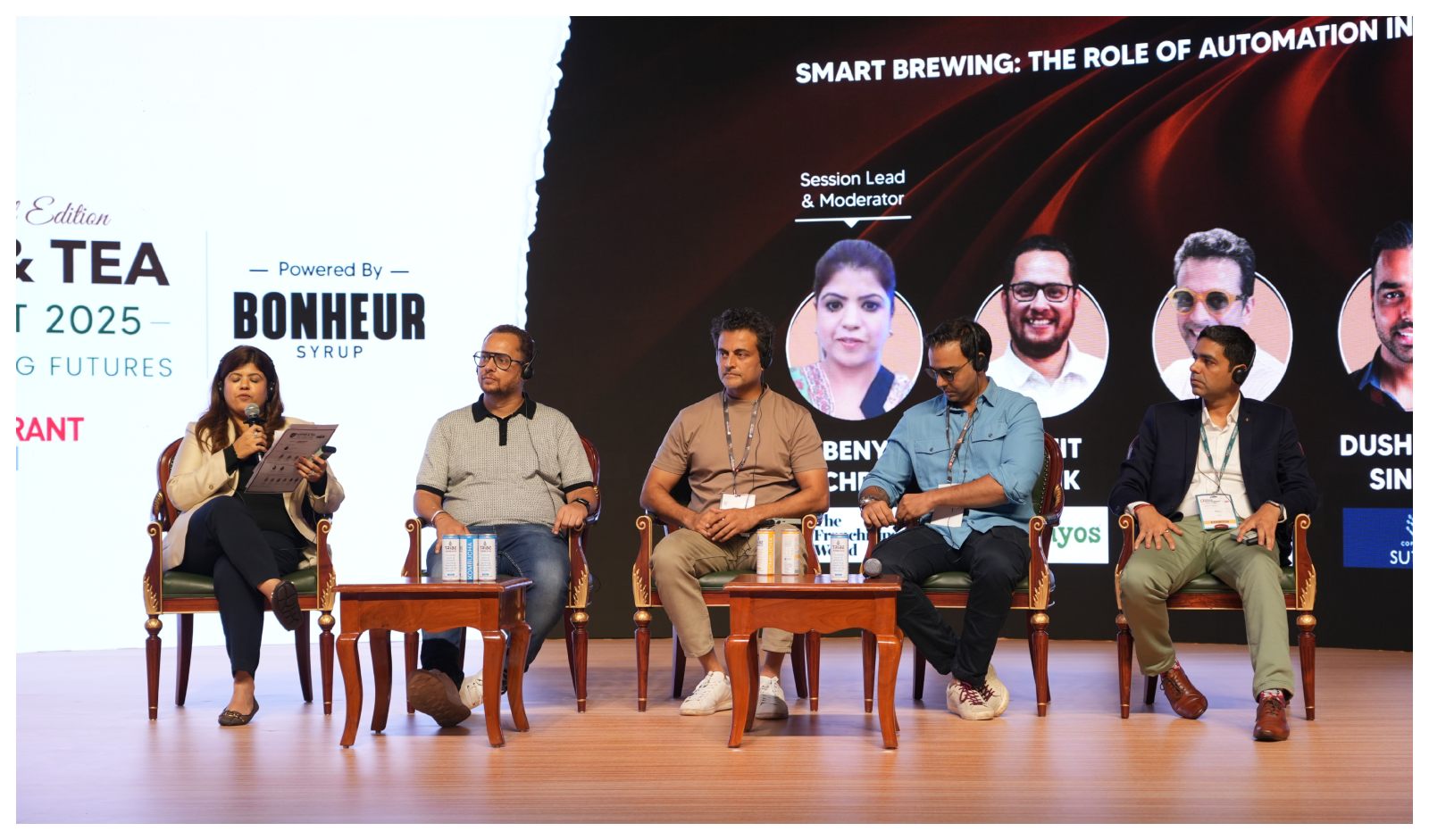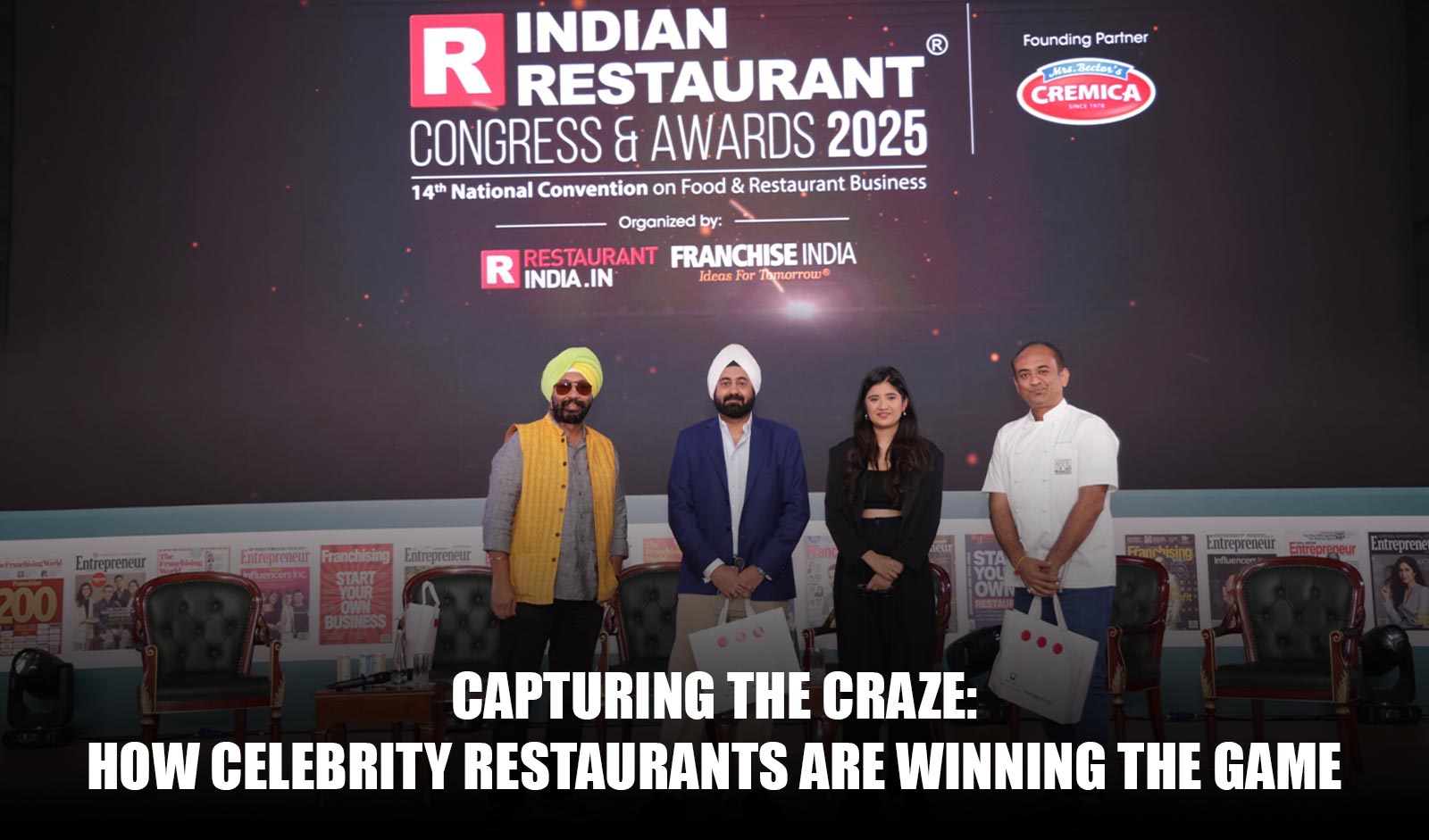Kitchen efficiency is the backbone of smooth operations enabling restaurants to deliver great food, maximize profitability, and scale successfully.
In the future, the position of AI in the restaurant business will only expand. As machine learning algorithms advance, they will be capable of…
Technology may eventually bring customers to your door, but it's the human touch that keeps them coming back.
All invoicing from these brands has shifted to 5% GST. The billing system will show revised rates, and invoices (printed and digital) clearly display…
Well-designed programs not only turn one-time visitors into repeat, high-value customers but also provide businesses with valuable data to fuel…
Behind that seamless magic is no accident. It’s a team that’s been trained to anticipate needs, motivated to go the extra mile, and consistent enough…
For hospitality, restaurant owners and start-ups, the government’s move to rationalize GST slabs is more than a fiscal adjustment—it’s a game-…
Around 50% of the restaurant brands do rebranding after few years, this helps in increasing their profits.
With Key players like Zomato and Swiggy dominating the market, the challenges remain while expanding the brand in underdeveloped areas.
It is driven by urbanization and disposable income, product innovation, tech and delivery drivers, projected to at a CAGR of 8.3% and estimated to…
In the early stages, it’s often the investors who are most excited about bringing a celebrity on board. They’re the ones who get starstruck first—…
Franchising not only build a strong brand identity but also helps in successful expansion strategies. Around 30-40% of restaurant businesses are…
Every restaurants wants to have their own unique value proposition. For that, branding has to be consistent in all locations.
India’s QSR market was valued at around USD 27.8 billion in 2025 and is expected to reach USD 43.5 billion by 2030, growing at a CAGR of 9–12%.

The Indian restaurant industry is currently valued at 85.19 billion dollars in 2025, and it is reported to grow at a compound rate of 15%

Around 30-40% of restaurant brands focus on upskilling their employees to improve employee satisfaction and retention.

Hotels majorly spend around 15-25% of money in CSR activities on yearly basis. While big restaurant chains spend around 10-15% of their money on CSR activities yearly.

Around 60% of restaurants in India struggle to scale-up in the business as these issues create hindrance to expand.

Excellence in the food business is often found in the details. From the crispness of a linen napkin to the precise plating of a dish, every tiny element contributes to the guest experience.

A recent survey in Bangalore shared that more than 65% of the customers prefer personalization.

One major development in AI is the emotional intelligence via chatbots and voicebots that manages customer query by eliminating the extra workforce that earlier use to manage and look after the data that came from the customers.

Reputation is everything, and how you manage it can make or break your restaurant.

Also, if we look at numbers and see, most of the successful chains and brands adopt multi-channel strategy to grow and expand. Customers today want their favourite brand to have both online as well as offline presence.

Introducing Food Rescue! Canceled orders will now pop up for nearby customers, who can grab them at an unbeatable price, in their original untampered packaging, and receive them in just minutes.
Copyright © 2009 - 2025 Restaurant India.




